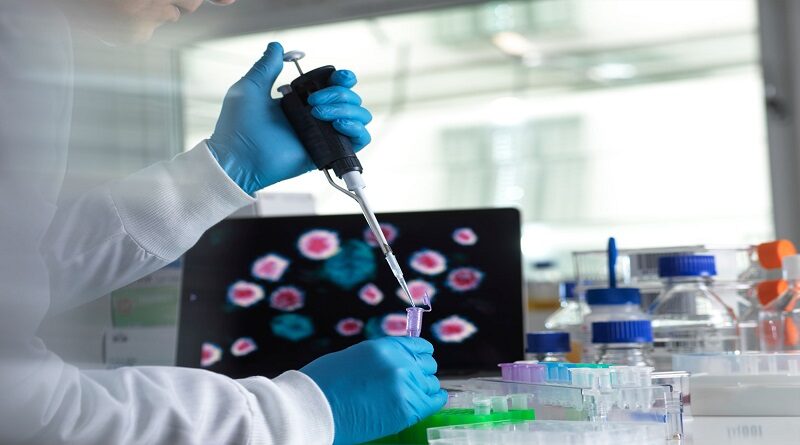Postgraduate courses in Research Chemistry
There are quite a number of different areas of study in chemistry but an area of great interest to everyone is the area of research chemistry. The reason this area is very important is because this research is used in order to create and improve many products from new drug to medical treatments.
Research chemistry is the study of chemical compounds and researchers use their knowledge in order to improve many things from cosmetics to electrical goods as well as food and drink.
Does it sound like something you’d be interested in? If so, stick around. We’ve plenty of more information for you below. You might find a course you like or a career path that suits your interest.
What does a research chemist do?
As a research chemist, you may work around 40 hours a week. It is typically a Monday to Friday job generally with a 9-5 structure. You may be expected to work extra hours in order to meet specific deadlines. Your duties and tasks may differ depending on the exact area you’re working or carrying out research. Different areas you may research include materials chemistry, medicinal chemistry, chemical biology and computational chemistry and many more. Most of your work will be lab based. In general, your duties may include:
- Create and set up different tests and experiments using lab equipment
- Record and analyse data found from these experiments
- Present your findings to colleagues and senior staff
- Work alongside others in the profession and other professions
- Keep records and documentation of research and analysis
- Carry out research in the area
- Write papers, documents and records
- Prepare different applications such as for funding
- Supervise junior staff and oversee work being done
- Be aware and up to date with scientific and technical equipment
Courses
There are many courses on offer in the area across the UK. Some courses offer the opportunity to study either part time or full time. Universities may have certain restrictions in place due to Coivd-19 and may offer courses online. Examples of courses available in this are include:
Chemistry
Postgraduate chemistry courses cover a broad range of areas and content. The main aim of these courses is to develop the student’s understanding of key chemical concepts and provide them with an in depth knowledge of specialised areas in chemistry. You will be equipped to carry out different experiments, analyse your results and develop your ability to apply new methodology you will learn to different issues. You will also gain an important awareness of different advances in chemical science. Particular course material may differ from university to university.
Natural Products
A postgraduate course like this one looks at the development of natural medicines and drugs from natural sources, semi-synthesis and/or total synthesis of the medicines analogues. You will also look at the formation and quality control of natural medicines used in order to treat and manage diseases.
Other courses available relevant to research chemistry include many courses under the heading of chemistry in many different universities which may differ in their content. There is also courses in Chemical Research and Analytical Chemistry.
Entry requirements
Entry requirements may differ from course to course or university to university. Therefore, it is important to research your specific course in detail to ensure you meet the entry requirements. As these courses are postgraduate courses, you will need a bachelor’s degree. Some courses may accept a 2.2 degree while others will require a 2.1. A degree in chemistry or a related science field is required.
Salary
Your salary can be impacted by your particular employment, your location and your experience in the field. It is believed the average salary of a research chemist is around £30,400 in the UK. Starting salaries will often be closer to the £20,000 mark and increase as you gain experience of the years. All figures are intended to be used as a guide only.
Potential employers
Potential employers in this area include:
- Universities
- Chemical companies
- Government labs
- Private labs
- Food and drink companies
- Materials companies
- Pharmaceutical companies
Skills and requirements
Skills and requirements helpful in this area include:
- Strong communication skills
- Strong writing skills
- Excellent analytical skills
- Flexible
- Strong research and analysis skills
- Problem solver
- Good time management
- Organisation skills
- Ability to work well with others
- Attention to detail
- Trust your own initiative
- Knowledge of IT and technology
- Patience
- Determination




